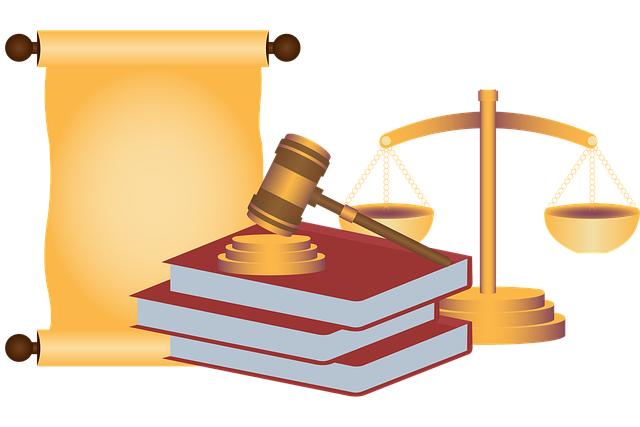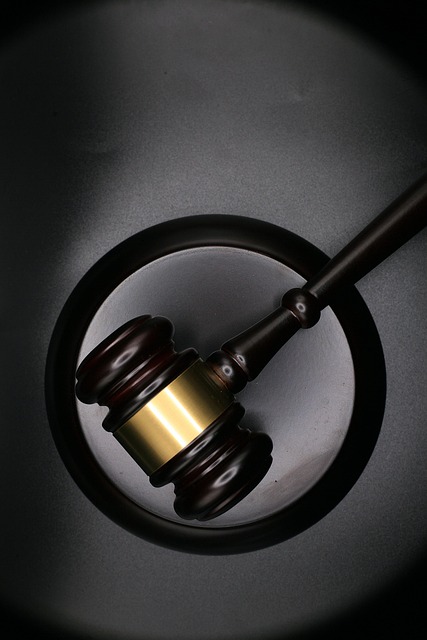Public corruption charges like bribery and fraud pose significant risks to businesses facing Environmental Compliance Legal Challenges. Stringent regulations and non-compliance lead to severe penalties. Businesses must implement strong internal controls, transparent practices, and stay informed about legislative changes to protect against these charges. Proactive compliance and ethical stewardship mitigate corruption risks, leading to successful defenses through meticulous record-keeping.
“Public corruption charges cast a long shadow over businesses, especially in industries with stringent environmental compliance laws. This article dissects the complex web of environmental compliance legal challenges for businesses, offering insights into navigating and mitigating risks effectively. We explore public corruption charges and their implications, providing case studies to illuminate real-world scenarios. Additionally, we delve into environmental regulations, highlighting strategies to ensure adherence and avoid costly legal pitfalls.”
- Understanding Public Corruption Charges
- Environmental Compliance Laws and Regulations
- Legal Challenges for Businesses: Case Studies
- Strategies to Navigate and Mitigate Risks
Understanding Public Corruption Charges

Public corruption charges are a serious matter that involves government officials or people in power abusing their position for personal gain. This can take various forms, including bribery, fraud, and misappropriation of public funds. When businesses face environmental compliance legal challenges, they must also be wary of potential entanglements with public corruption. White-collar and economic crimes, often referred to as “public corruption,” can have far-reaching implications for companies operating across the country.
Understanding these charges is crucial in navigating the complex landscape of business operations. Environmental regulations are a significant aspect where businesses might face scrutiny. Non-compliance or fraudulent reporting related to environmental matters can lead to severe consequences, including legal action and hefty fines. For his clients, it’s essential to ensure robust internal controls and transparent practices to mitigate risks associated with public corruption charges, especially in the context of growing regulatory oversight and heightened public awareness.
Environmental Compliance Laws and Regulations

Environmental Compliance Laws and Regulations present a complex landscape for businesses to navigate, often posing significant legal challenges. With stringent standards aimed at protecting ecosystems and public health, companies must adhere to a vast array of rules and guidelines. These include permitting processes, emissions controls, waste management, and restoration obligations, which can vary widely based on industry sector and geographic location.
The complexity deepens due to the dynamic nature of environmental regulations. Changes in legislation, court interpretations, and regulatory agency priorities create an ever-shifting environment where non-compliance carries severe penalties for both corporate and individual clients. Understanding and managing these risks is crucial throughout all stages of the investigative and enforcement process. Businesses with an unprecedented track record of successful environmental compliance have distinguished themselves by investing in robust internal controls, staying informed about legislative developments, and fostering a culture of ethical environmental stewardship.
Legal Challenges for Businesses: Case Studies

Businesses operating in sectors with stringent environmental regulations often face unique legal challenges, particularly when navigating complex issues like environmental compliance. These cases can serve as critical case studies for understanding the complexities and potential outcomes of public corruption charges. For instance, a multinational corporation specializing in resource extraction may struggle with accusations of underreporting environmental impacts, leading to legal battles that span international jurisdictions.
In such scenarios, achieving extraordinary results often hinges on robust internal controls, transparent documentation, and proactive compliance measures. Companies with an unprecedented track record of environmental stewardship can find these challenges less daunting, as demonstrated by several high-profile cases where businesses successfully defended against corruption allegations through meticulous record-keeping and a commitment to ethical practices, ultimately securing the complete dismissal of all charges.
Strategies to Navigate and Mitigate Risks

Navigating public corruption charges is a complex process that demands a multifaceted approach. Businesses must first ensure strict adherence to environmental compliance regulations, as non-compliance can exacerbate legal challenges and damage reputations. Implementing robust internal controls, including meticulous record-keeping and transparent reporting structures, acts as a foundational strategy to mitigate risks associated with high-stakes cases.
Additionally, fostering collaboration between the philanthropic and political communities can play a pivotal role in risk mitigation. Engaging proactively with regulatory bodies and participating in industry forums allows respective businesses to stay abreast of evolving legal landscapes. This proactive stance empowers them to adapt practices, thereby reducing the likelihood of facing corruption charges.
Public corruption charges pose significant legal challenges for businesses, particularly in sectors heavily regulated by environmental compliance laws. Understanding these charges and implementing robust strategies to mitigate risks are essential for navigating complex regulatory landscapes. By studying case studies and adopting proactive measures, businesses can foster transparency, strengthen internal controls, and ensure adherence to environmental standards, thereby reducing the risk of public corruption allegations and promoting sustainable operations.






